Inflation has risen to a 48-year high in crisis-hit Pakistan, where the International Monetary Fund (IMF) is visiting for urgent talks, according to data released on February 1 by the country’s statistics bureau. Year-on-year inflation in January 2023 was recorded at 27.55 percent, the highest since May 1975, with thousands of containers of imports held up at Karachi port. Pakistan’s economy is in dire straits, stricken by a balance-of-payments crisis while it attempts to service high amounts of external debt.
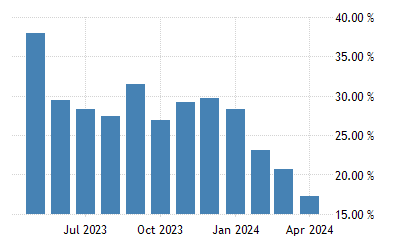
Buy Prime Test Series for all Banking, SSC, Insurance & other exams
A Brief Timeline of Inflation Rate In Pakistan:
Food prices rose by a staggering 43 percent in January year-on-year. The inflation rate in Pakistan averaged 8.05 per cent from 1957 until 2023, reaching an all-time high of 37.8 per cent in December 1973 and a record low of minus 10.32 per cent in February 1959.
Pakistan’s finance ministry said in its monthly outlook released that inflation for January was forecast in the range of 24%-28%, citing supply-side factors and economic and political uncertainty.
About Pak-IMF Talks:
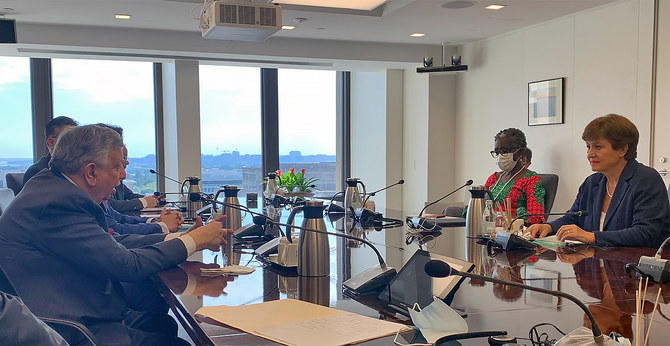
An IMF delegation arrived in Islamabad to revive negotiations over a stalled bailout package with the government, which has so far held out from meeting the global lender’s tough conditions. But in recent days, with the prospect of national bankruptcy looming and no friendly countries willing to offer less painful bailouts, Islamabad has started to bow to pressure.
Former Prime Minister Imran Khan, who was ousted last year in a no-confidence motion, negotiated a multi-billion-dollar loan package from the IMF in 2019. But he reneged on promises to cut subsidies and market interventions that had cushioned the cost-of-living crisis, causing the programme to stall. It is a common pattern in Pakistan, where most people live in rural poverty, with more than two dozen IMF deals brokered and then broken over the decades.
Freefall of The Pak Rupee:
The government loosened controls on the rupee to rein in a rampant black market in US dollars, a step that caused the currency to plunge to a record low. Artificially cheap petrol prices have also been hiked. The state bank is no longer issuing letters of credit, except for essential food and medicines, causing a backlog of thousands of shipping containers at Karachi port stuffed with stock the country can no longer afford. The world’s fifth most populous country has less than $3.7 billion in its central bank – enough to cover just three weeks of imports.
Political Implications of The Inflation in Pakistan:
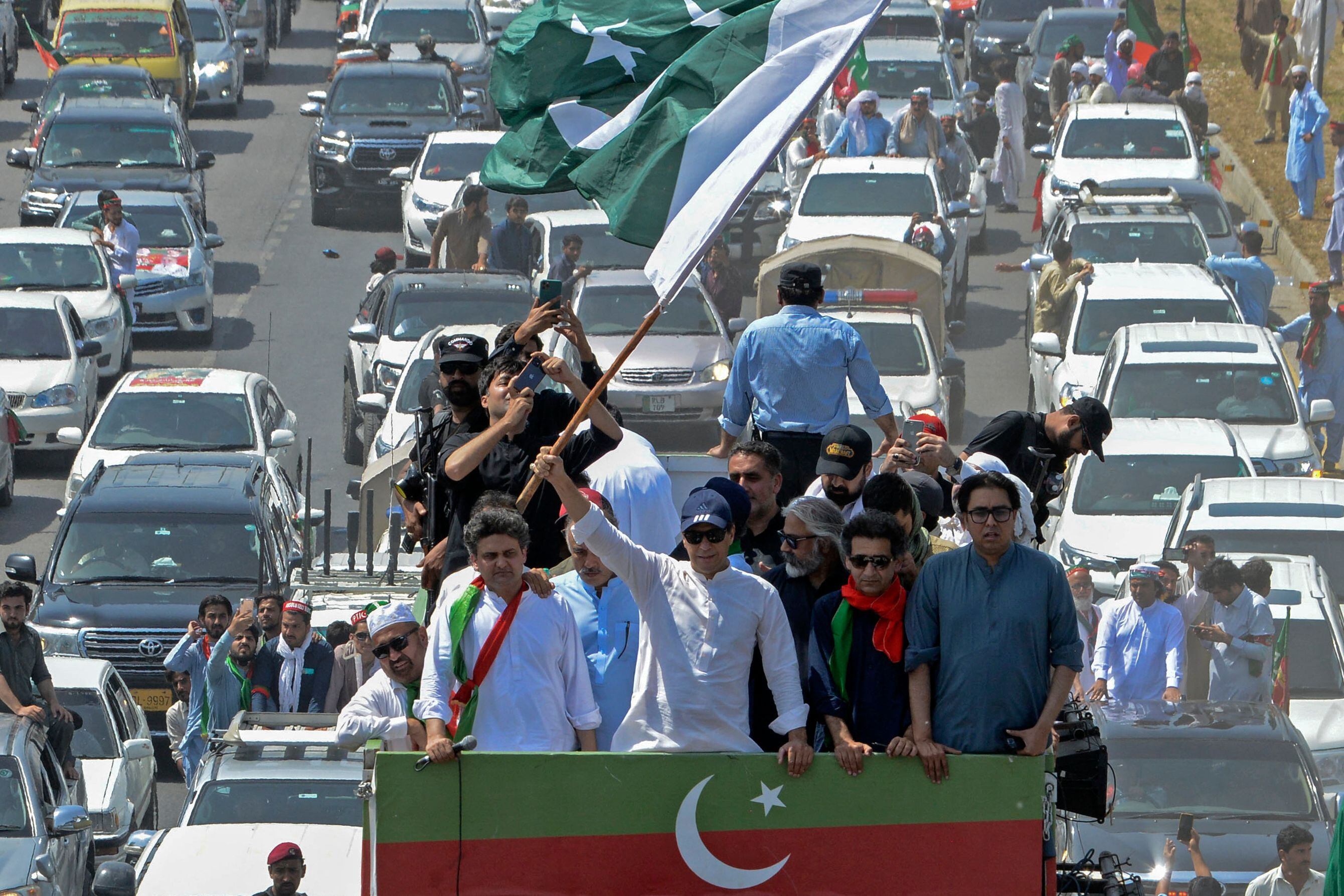
On January 23, the central bank raised the policy rate by 100 basis points to 17 per cent — the highest since 1998 — to help stabilise the economy. High inflation has become a nightmare amid the financial crunch and insufficient supplies. It is eroding the political capital of the 13-party coalition government led by the PML-N. It is not only affecting ordinary people but also industries and businesses due to costly bank financing.


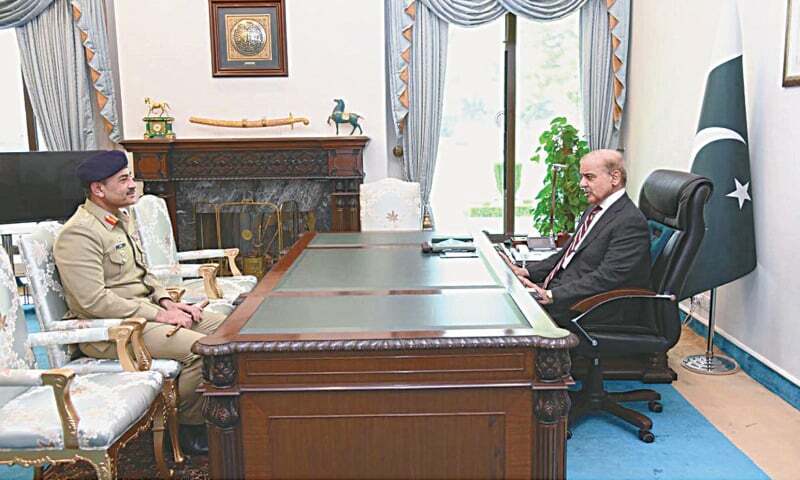
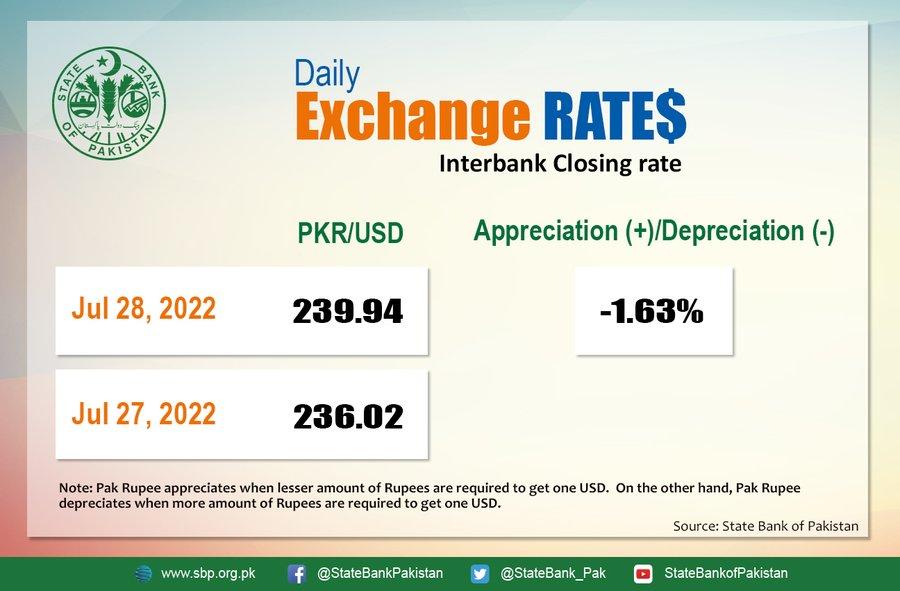
 Indian Olympic Medal Winners List Till N...
Indian Olympic Medal Winners List Till N...
 Who is the Inventor of the Gramophone?
Who is the Inventor of the Gramophone?
 HS Dhaliwal Appointed New DGP Of Andaman...
HS Dhaliwal Appointed New DGP Of Andaman...
